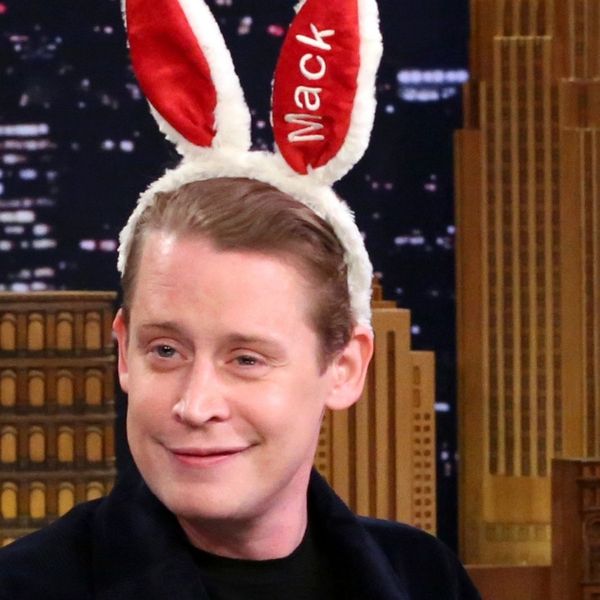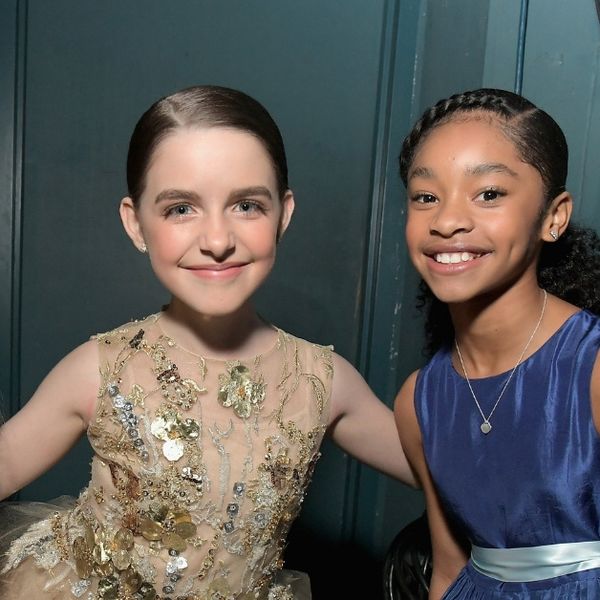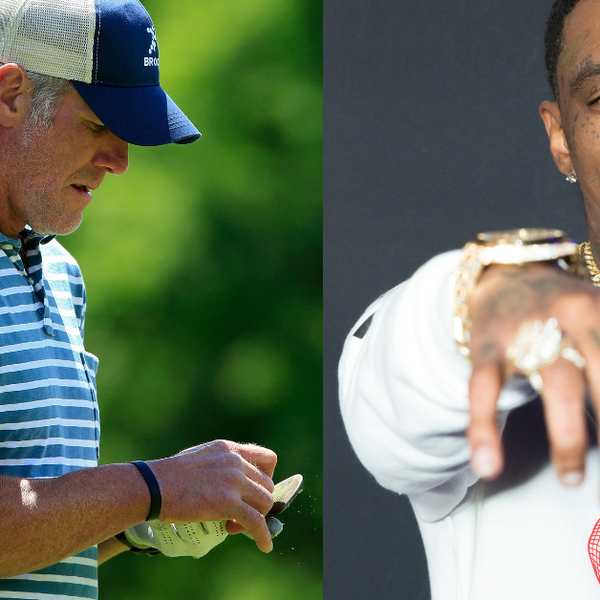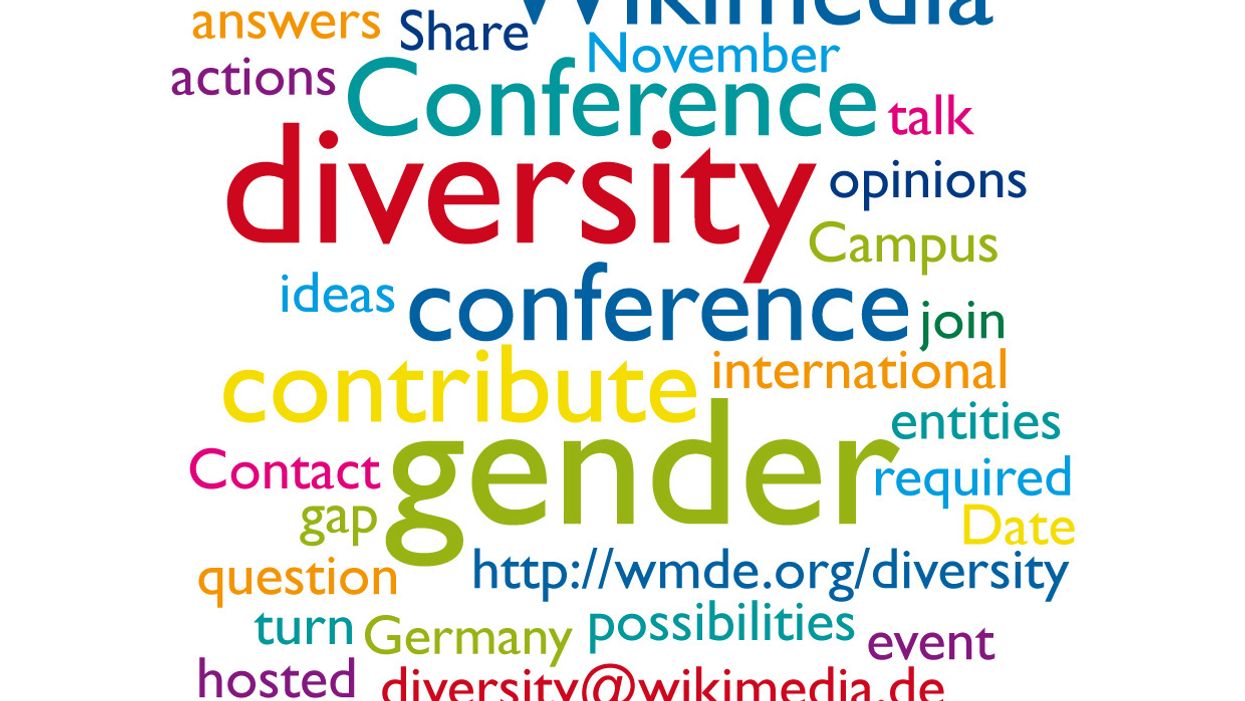Marriage Equality Come to California
George Takei Statement on Proposition 8
George Takei on Casting of John Cho as Sulu
George Takei Issues Statement on Daily Variety Story
Catfish, Scholars, and a Geisha Party
Oscars: The Luckiest of the Best
An Emperor, Abe Lincoln, and Four Presidents
Seattle: The Crucible of Imagination
Hawaii, Chicago, Tulsa, and Kiribati
Hooray for Hollywood; Boo on Secession
Japan - From The Past to the Cutting Edge
George Takei, along with his Team Takei staff, created GeorgeTakei.com as a place for all things Takei. Updates in this community will keep you informed of George's latest work.
GeorgeTakei.com is a place for George's fans to read the stories from the web George finds interesting—and hopes his fans will, too. Sourced and curated from trending Reddit.com threads about life's more...interesting / peculiar / awkward moments, readers can expect to find the entertaining George Takei content they know and love all under one roof.
GeorgeTakei.com is an Oh Myyy property. Oh Myyy LLC is co-owned by George and Brad Takei (through Hosato Enterprises, Inc., a California corporation) and The Social Edge Network, Inc., a Delaware Corporation, whose principal stakeholders and officers are Lorenzo Thione (CEO) and Jay Kuo (CCO).
LAST UPDATED: 8 August 2018
GeorgeTakei.com welcomes complaints about errors and will issue corrections where warranted. Communications, correction requests or other comments on our stories can be e-mailed here. Recently corrected articles will bear a notice explaining the correction along with the date and time of the correction.
Matthew Nicholson | Editor-In-Chief | matthew@the-social-edge.com
Nora Henick | Director of Audience Development | nora@the-social-edge.com
Kate Kishbaugh | Director of Operations, The Social Edge | kate@the-social-ege.com
Blair Shepard | CRO, The Social Edge | blair@the-social-edge.com
Lorenzo Thione | President, The Social Edge | lorenzo@the-social-edge.com
Jay Kuo | CEO, The Social Edge | jay@the-social-edge.com
July, 1999, LOS ANGELES, CA - It's hard to believe, but here we are now halfway past the final year of this century. For that matter, the final year of this millennium. It does give me a sense of the momentousness of time.
July began with a singularly 20th-century experience that resonated with portents both terrestrial and extra-terrestrial. I did a Star Trek convention in Roswell, New Mexico, the place that claims to have had a visitation from outer space just a bit more than fifty years ago. There couldn't be a more fitting locale for a Star Trek con. My manager, Brad Altman, and I flew into Albuquerque, then he drove me the three-plus hours down to Roswell across the sun-scorched New Mexican landscape. We saw incredibly picturesque billows of dark clouds edged in radiant light. Then, off in the distance, we saw a flash of silent lightning on the horizon. As we drove on, we saw more flashes with increasing frequency. Before we knew it, we were driving through a storm of lightning bolts spearing the ground all around us. Right, left, front and rear. All with no sound, no rain. We drove on through this bizarre storm for about five minutes and suddenly, it was over. As if we had crossed some invisible meteorological border, the soundless lightning flashes stopped. But a few minutes later, like bullets fired at us from the sky, hailstones began falling on our rental car. The pounding got so loud, it seemed like we were being attacked by some fighter craft from above. We could barely see beyond the windshield. Then, as suddenly as it started, the hail assault was over. The sky cleared and we were driving through picture postcard New Mexican scenery again.
An hour later, a Days Inn Motel, looking brand spanking new, appeared on the roadside. We drove past a simple but tidy Travel Lodge, then a 7 Eleven, a Burger King, a Ramada Inn, the signposts to Americana U.S.A. Before long we were driving down Main Street with dress shops, thrift stores, a bookstore, and a Denny's on the corner. Then we came upon a 1930's art deco movie theater that obviously had been converted to more distinctive use. There was a crowd anxious to get in waiting under the sun bleached, jazz era marquee. It read, "U.F.O. Museum." We had arrived in Roswell, New Mexico. It was the very picture of a pleasant, upbeat community but with a singular distinction. The unidentified flying object was not only a local phenomenon and an alleged government conspiracy but a thriving industry as well.
The Chamber of Commerce was one of the sponsors of this Star Trek convention. It began with a ribbon cutting at a specialty store called Alien Zone. Roswell mayor, Bill Owen, was there to greet the public and the press. The local Toyota dealership was providing transportation for the celebrities and dignitaries. The business establishment was solidly behind this Star Trek convention. Chatting with Mayor Owen after the event, I learned that he was a native of Roswell but had been an FBI agent in Washington, D.C. in another life, as had his attractive wife. It occurred to me that an "X Files" convention could do well here as well.
Every convention has something unique about it but I must confess Roswell is the only place where I did my autograph signing sessions in a gallery filled with displays of mock-up alien visitors to Roswell back in 1947. They are depicted as about four feet tall with swelled, bald heads and enormous, dark, haunting eyes. Their spindly, elongated limbs are attached to a thin torso. Why do these alien life forms consistently seem to take on somewhat anthropomorphic shape? Is it that the people who have these encounters cannot see alien life taking forms other than basically our own? Much as Japanese artists who saw white people for the first time with Commodore Matthew Perry's visit to Japan in 1853 drew Caucasians with unambiguous Japanese features distinguished only by strange costumes and odd beards. If we are going to be venturing beyond this planet, it seems to me, we are going to have to have much more open minds and far greater imagination.
The consistent element with these conventions however, is the fans. Wherever we go, they are enthusiastic, dedicated and celebrants of the Star Trek view of pluralism. "Infinite diversity in infinite combinations" was vibrantly on display in Roswell in the combinations of ethnicities, lifestyles and ideas. May it live long and prosper.
Ethan Philips, that wonderful actor from one of our spin-off shows, "Star Trek: Voyager," was the other guest at this con. What a terrific stand-up comic he is! His performance at the convention dinner was painfully funny. Without any sense of shame or conscience, he told "my wife" jokes with his long-suffering wife right there in the audience in front of him. The crowd roared as she sat impassively in its midst.
I'm writing this on July 14. Tomorrow morning, I'm off to another convention in Raleigh, North Carolina with Walter Koenig, Jimmy Doohan and Nichelle Nichols. We keep on trekking, boldly going wherever this trek will take us. Next month, I'll be in Chicago on August 5, on the Navy Pier celebrating a summer festival. Stay tuned.













